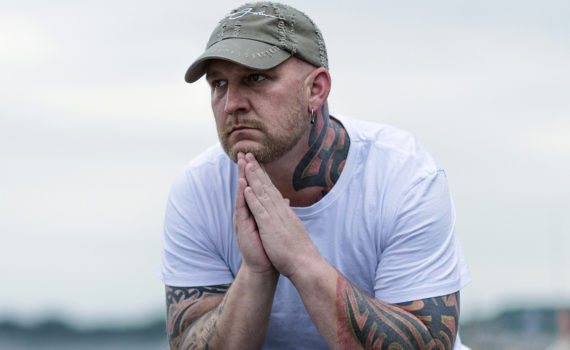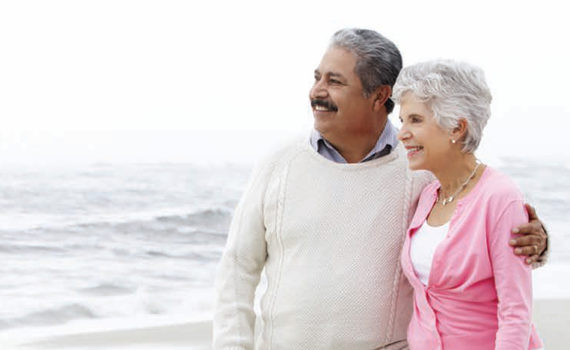
There’s a lot to consider when you become a caregiver. Use this checklist as a tool to help you get the resources and support you need.
☑ Take it one day at a time
☑ Accept your limitations
☑ Learn to ask for help and accept any help offered
☑ Have a daily routine and stick to it
☑ Don’t bottle up negative feelings – talk about them with someone you trust
☑ Take time for yourself every day
☑ Keep your sense of humour
☑ Look after your health – get plenty of rest, exercise daily, eat a nutritious diet, and see your doctor
☑ Take advantage of local support groups like those offered by Stroke Recovery Canada
☑ Remain socially active
☑ Find a caregiver respite program in your community
☑ Consider modifications to your home and assistive devices
☑ Consider nursing and housekeeping services



